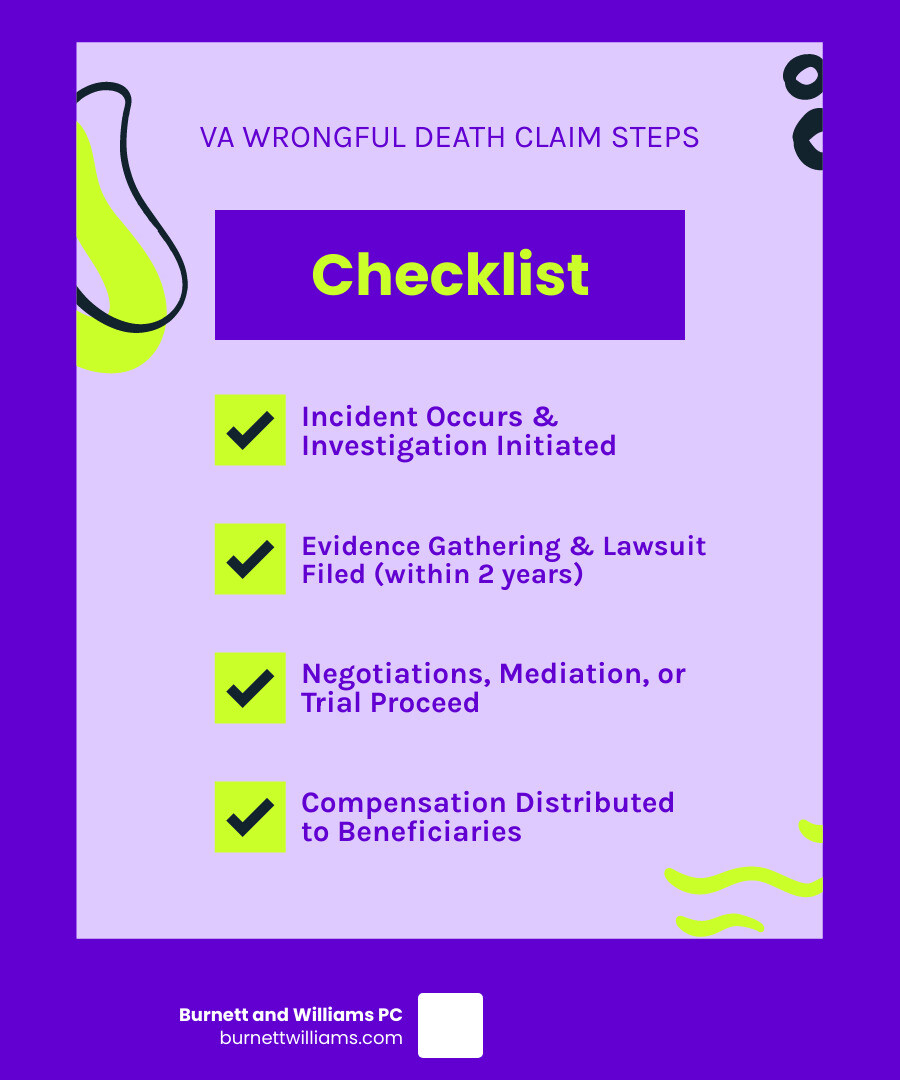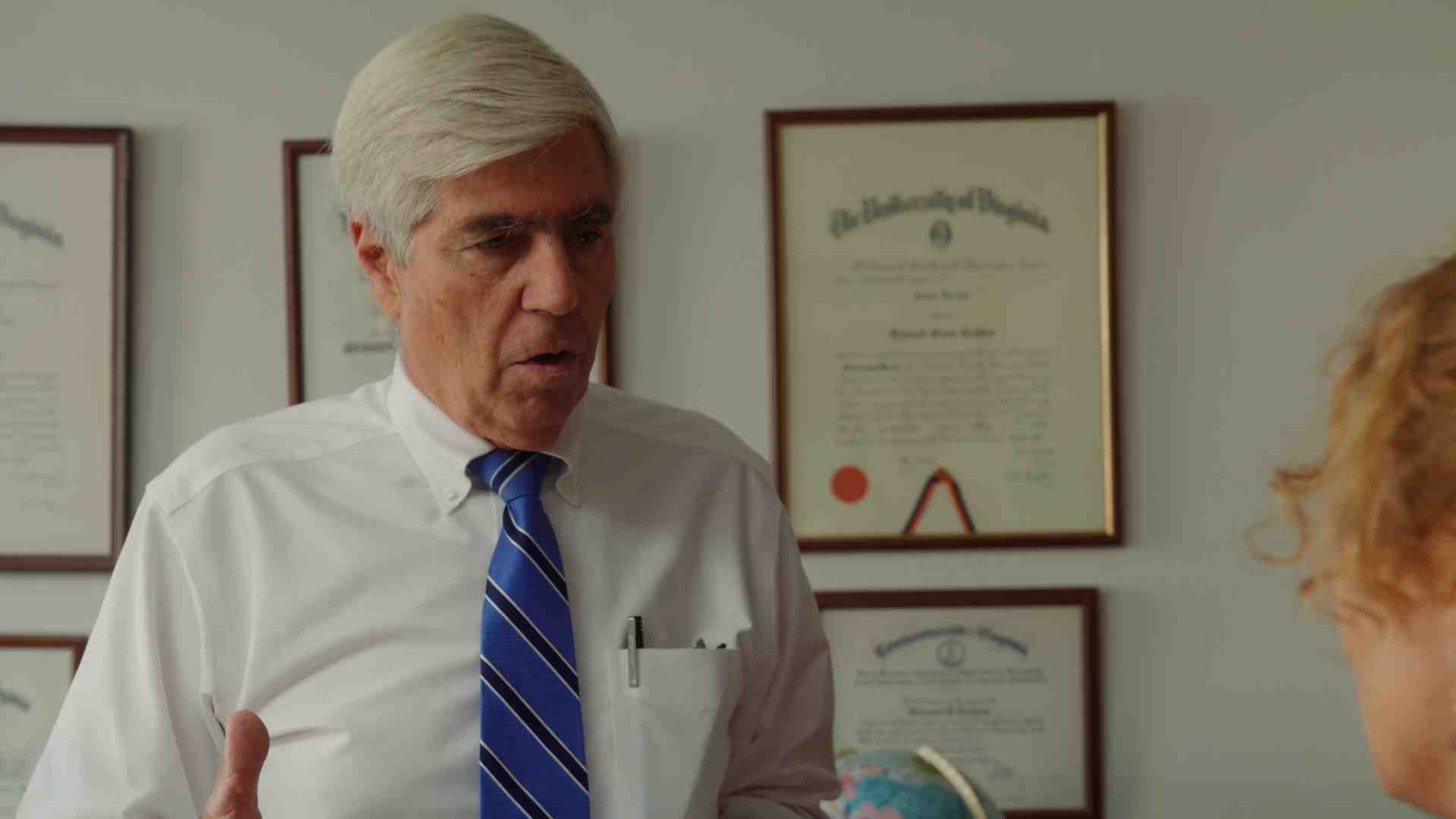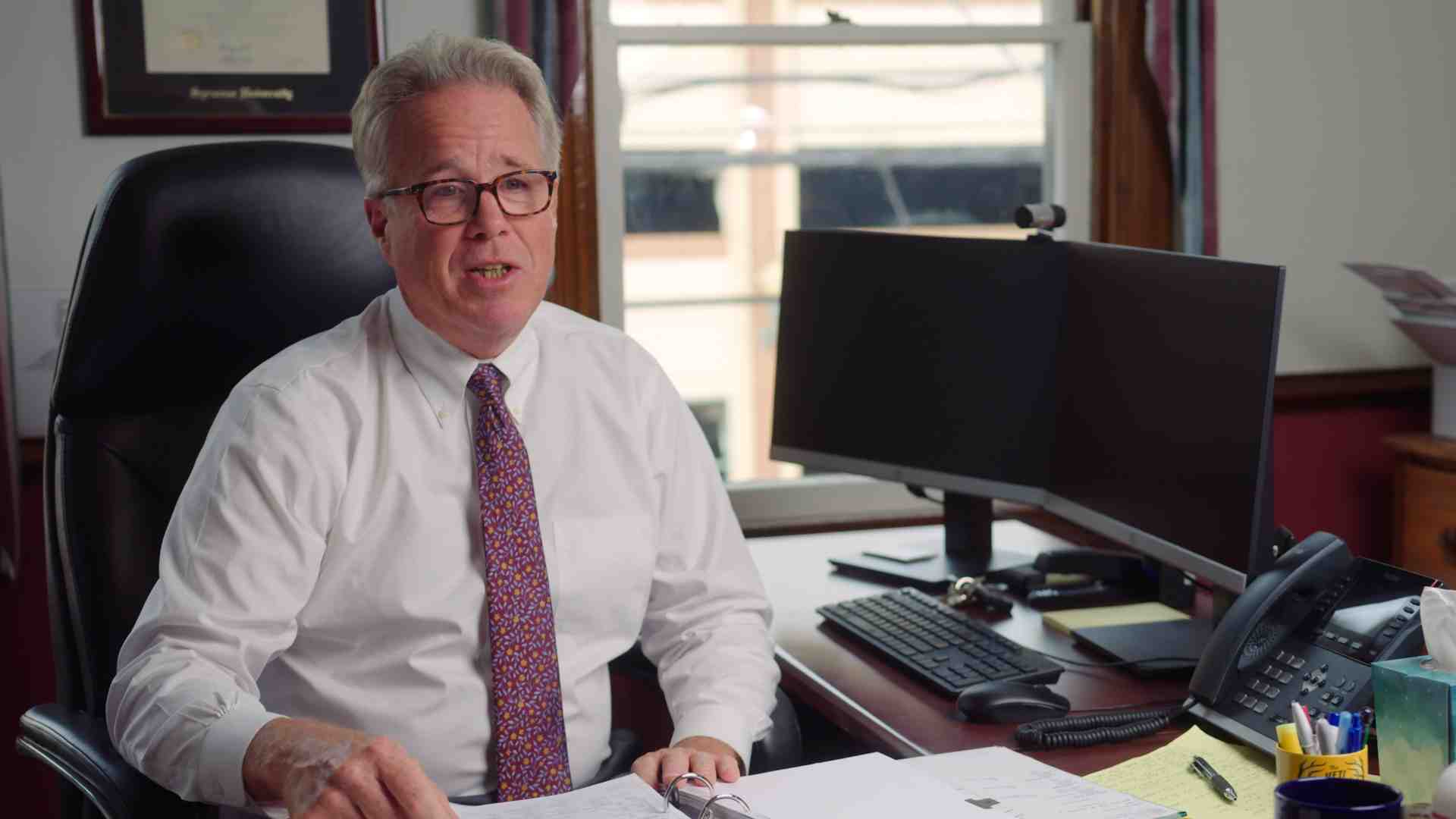When Tragedy Strikes: Understanding Your Legal Rights After a Wrongful Death
A wrongful death attorney helps families seek justice and compensation when a loved one dies due to another’s negligence. In Virginia, these legal professionals guide families through complex wrongful death claims, allowing them to focus on grieving.
Key roles of a wrongful death attorney:
- Investigate the death to establish fault
- Calculate all damages, including lost income and emotional suffering
- Navigate Virginia’s strict contributory negligence law
- Handle all communication with insurance companies
- File the lawsuit within Virginia’s two-year statute of limitations
- Represent the family in settlement talks or at trial
The loss of a loved one is overwhelming, and a death from negligence adds burdens like medical bills, funeral costs, and lost income. Virginia law offers a path to justice, but the process has strict deadlines and complex rules. Insurance companies often try to minimize payouts, making it difficult for grieving families to navigate alone.
Understanding your rights is the first step toward securing the compensation your family deserves.
Understanding a Wrongful Death Claim in Virginia
In Virginia, a wrongful death claim arises when someone dies due to another’s wrongful act, neglect, or default. If the person had survived, they could have filed a personal injury lawsuit. Since they cannot, the law allows their family to seek justice instead.
These are civil cases focused on financial recovery for the family, not criminal cases seeking punishment like jail time. As your wrongful death attorney, we help you navigate these laws to hold negligent parties accountable. For more details, see our guide on Wrongful Death Claim Virginia.
Who is Eligible to Recover Damages?
Only specific individuals can file a wrongful death claim in Virginia. The state uses a clear hierarchy of beneficiaries to direct compensation. The personal representative of the deceased’s estate, named in a will or appointed by a court, files the claim for the family.
The first class of beneficiaries includes the surviving spouse, children, and grandchildren. If none exist, compensation may go to the deceased’s parents and siblings. All settlements or awards require court approval before distribution to ensure fairness.
Common Causes and Proving Fault in Virginia
Wrongful deaths in Virginia stem from many causes. Understanding them can help you see if you have a claim. Common causes include:
- Motor vehicle accidents: As a leading cause, these often involve distracted, speeding, or impaired drivers on highways like I-95 or I-64. Drunk driving cases can be complex and may involve liability for the establishment that served the alcohol. See our Case Study Drunk Driver Accidents and Dram Shop Liability.
- Trucking accidents: These are uniquely dangerous and involve complex federal regulations from the Federal Motor Carrier Safety Administration (FMCSA).
- Other causes: These include medical malpractice from substandard care in Virginia hospitals, fatal workplace incidents, defective products, and premises liability cases.
To win a wrongful death claim, a wrongful death attorney must prove four elements: a duty of care was owed (e.g., a driver’s duty to drive safely), that duty was breached through negligence, the breach caused the death, and your family suffered quantifiable damages as a result.
The Challenge of Virginia’s Contributory Negligence Rule
Virginia’s contributory negligence rule is a major hurdle. This strict standard means if the deceased is found even 1% at fault for their death, their family can be barred from recovering any compensation. This harsh rule makes proving the other party was entirely at fault critical.
Insurance companies aggressively look for any way to assign blame to the deceased, such as claiming they were not following safety rules. Because even minimal fault can prevent recovery, experienced legal help is essential.
Gathering Critical Evidence for Your Case
Swiftly gathering evidence is crucial, as it can disappear quickly. Contacting an attorney promptly is vital to preserving your case before evidence is lost, memories fade, or records are destroyed. Key evidence includes:
- Virginia police crash reports: These reports are a starting point, but we conduct our own investigation as they can be incomplete.
- Witness statements: Essential for proving fault, especially under Virginia’s strict rules. We interview witnesses while their memories are fresh.
- Medical records: These document the cause of death and any suffering before death.
- Expert testimony: We use accident reconstructionists, medical experts, and financial experts to build a strong case and prove fault.
- Other evidence: This includes photos, videos, employment records, and financial documents to calculate lost earnings.
The Role of a Virginia Wrongful Death Attorney
When a loved one’s death is caused by negligence, a wrongful death attorney handles the legal battle so you can focus on healing. We work to protect your family’s financial security and help you find the resolution you need.
A skilled attorney’s role includes immediate case investigation, evidence preservation, and identifying all liable parties. We also handle complex insurance negotiations, calculate your family’s damages, hire expert witnesses, and file your lawsuit within Virginia’s strict deadlines. Learn more about our approach on our Wrongful Death Attorney page.
How a Wrongful Death Attorney Determines Liability
Determining liability in Virginia requires a deep investigation. We use a team of experts to build a strong case:
- Accident reconstruction experts: They analyze physical evidence like skid marks and vehicle damage to show how a crash happened. This is vital for defeating claims of contributory negligence.
- Medical experts: They are crucial in malpractice cases or to explain how accident injuries led to death. They clarify complex medical issues for the court.
- Financial experts: They calculate the full economic impact of your loss, including future lost earnings.
Our goal is to build an airtight case that proves negligence and overcomes Virginia’s strict legal defenses.
Negotiating with Insurance Companies
Insurance adjusters may offer quick, lowball settlements to grieving families. Their goal is to save their company money, not secure your family’s future. As your wrongful death attorney, we handle all communication with insurers to protect you, which is critical in Virginia where any statement can be used to argue contributory negligence.
We protect your rights by resisting low offers and demonstrating the full extent of your losses. We analyze all insurance policies to identify every source of compensation and are prepared to go to trial if a fair offer isn’t made. We manage the stressful negotiation process so you can focus on your family.
Compensation and the Legal Process Timeline
Understanding Virginia’s legal timeline is crucial. There is a strict two-year statute of limitations for filing wrongful death claims, starting from the date of death. Missing this absolute deadline means losing your right to compensation. Contacting a wrongful death attorney quickly is vital, as the legal clock starts immediately.
The legal process involves several stages:
- Investigation and Evidence Gathering: We act fast to build your case.
- Filing the Lawsuit: The personal representative formally starts the case in a Virginia court.
- Discovery: Both sides exchange information through documents and depositions.
- Mediation and Settlement: Many cases are resolved here with the help of a neutral mediator.
- Trial: If a fair settlement isn’t reached, the case goes before a judge or jury.
The timeline varies from months to over a year for complex cases. We manage the legal process and keep you informed so you can focus on healing. For more, see our page on Understanding Compensation Wrongful Death Claims.
What Damages Can Be Recovered in Virginia?
While no money can replace a loved one, Virginia law allows families to recover damages for their losses. These reflect both emotional and practical hardships.
- Sorrow, mental anguish, and loss of solace: Compensation for the profound grief and emotional pain of surviving family members.
- Loss of companionship, comfort, and guidance: Acknowledges the loss of the intangible support the deceased provided.
- Loss of income and services: Covers the financial support and household services the loved one would have provided, including salary, benefits, and tasks like childcare.
- Medical bills incurred before death: Recovery for emergency care, hospitalization, and other medical costs.
- Funeral and burial expenses: Covers the reasonable costs of a funeral and burial.
- Punitive damages: In cases of extreme recklessness, like some drunk driving incidents, these may be awarded to punish the wrongdoer. Learn more about Drunk Driving Punitive Damages Virginia.
The specific damages depend on your family’s unique circumstances.
How Settlements Are Paid and Distributed
After a settlement or award is secured, Virginia law guides its distribution. Funds can be paid as a lump-sum payment or a structured settlement, which provides periodic payments over time.
Special rules protect minor beneficiaries. Any settlement for a minor requires court approval. The funds are often placed in a trust or restricted account until the child turns 18.
Distribution follows Virginia’s statutory hierarchy of beneficiaries, though families can agree to different arrangements with court approval. Our firm manages this process with transparency, ensuring funds are distributed correctly per our contingency fee agreement and Virginia law.
Frequently Asked Questions about Virginia Wrongful Death Claims
Losing a loved one is heartbreaking enough without having to worry about complex legal questions. We know that during this difficult time, you likely have many concerns about the legal process ahead. These are some of the most common questions families ask us about wrongful death claims in Virginia.
How is a wrongful death claim different from a criminal case?
A wrongful death claim is a civil case filed by the family to seek financial compensation for their loss. The goal is monetary damages. The burden of proof is a “preponderance of the evidence,” meaning it’s more likely than not that the defendant was responsible.
A criminal case is brought by the state to punish a person for breaking the law. The goal is penalties like jail time or fines. The burden of proof is much higher: “beyond a reasonable doubt.”
These two cases are separate. A not-guilty verdict in a criminal trial does not prevent you from winning a civil claim, and a criminal conviction is not required to win your wrongful death case.
What happens if the deceased was partially at fault for the accident?
Virginia follows a harsh contributory negligence rule. If the deceased is found to be at fault in any way, even just 1%, the family may be completely barred from recovering compensation. Insurance companies use this rule aggressively to assign blame to the deceased to avoid paying a claim.
An experienced wrongful death attorney is critical to fight these tactics. We conduct a thorough investigation with evidence like witness statements and expert analysis to prove the other party was entirely at fault and protect your family’s right to recovery.
How much does it cost to hire a wrongful death attorney?
Our firm works on a contingency fee basis. This means you pay no upfront costs or hourly fees. We only get paid if we win your case, with our fee being a percentage of the compensation we recover for you. If we don’t win, you owe us no attorney fees.
We cover all upfront costs for investigating your claim, such as court filing and expert witness fees, which are reimbursed from the settlement or award. We offer a free initial consultation to explain our fee structure and answer your questions with no obligation. Cost should not prevent you from seeking the justice your family deserves.
Conclusion
Navigating a wrongful death claim in Virginia while grieving is overwhelming. The state’s strict laws, like the contributory negligence rule and a two-year deadline, make professional guidance essential.
At Burnett & Williams PC, we know compensation can’t replace your loved one, but it can provide financial stability and hold negligent parties accountable. We handle the complex legal work so you can focus on healing. Our team offers compassionate, experienced representation to guide your family toward a fair resolution.
If you’ve lost a loved one due to someone’s negligence, you don’t have to face this alone. Contact us for a free consultation to discuss your rights and how we can help.



